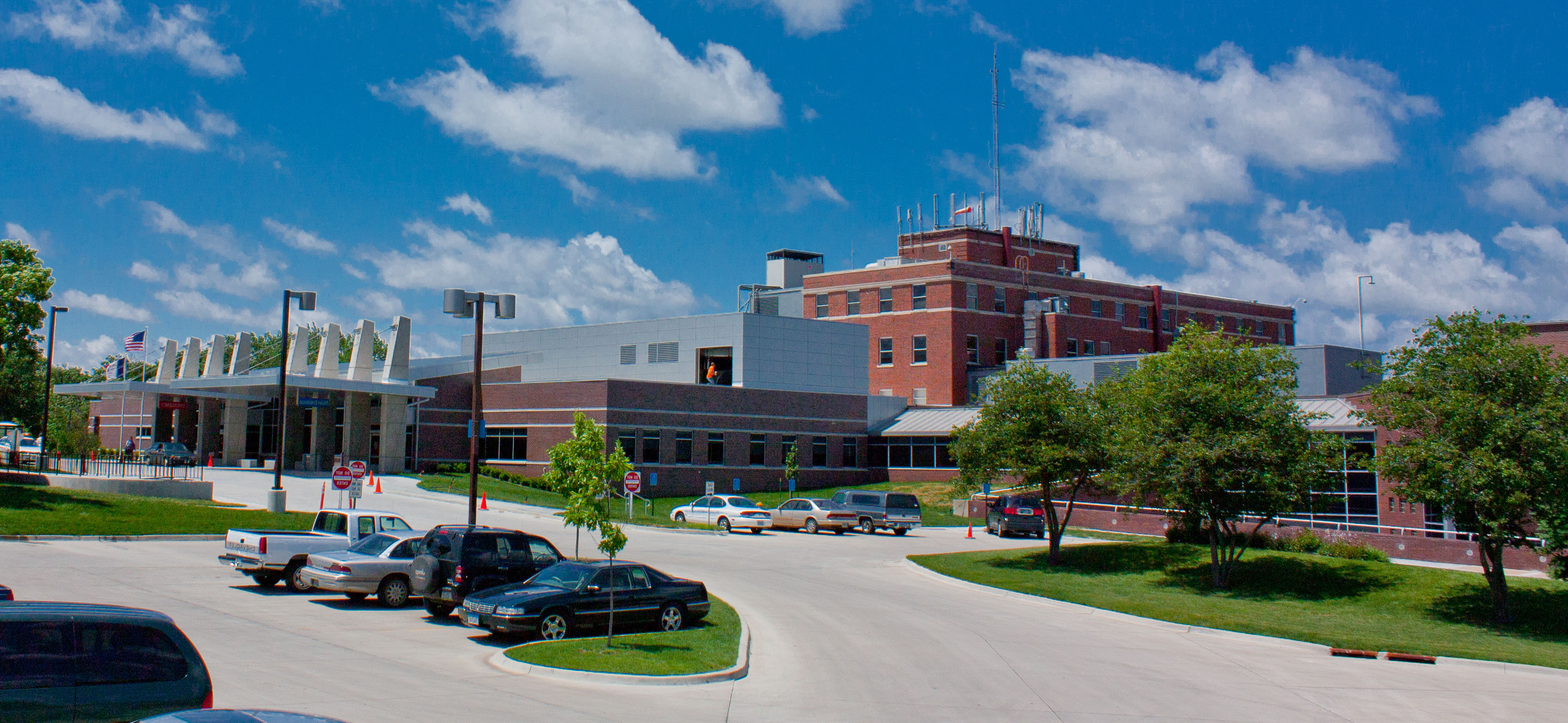Philosophy isn’t the most obvious stepping stone to a career in the health sciences. In fact, the two disciplines have been at odds for a few millennia, ever since Plato decreed that “attention to health is life’s greatest hindrance.”
In 1996, Kevin Carroll graduated from Central with a degree in philosophy and started on the path to heal that eons-old conflict.

An avid participant in campus activities—from the Dutch soccer team to student government—Carroll left Pella with a great love for the college experience. He enrolled in a graduate program at the University of Maryland with the hope of becoming a college administrator. The program required courses in the university’s counseling department.
In the spring of 1999, as his graduation approached, Carroll realized that counseling was what he most enjoyed about the program. “A lot of people get into counseling because of a positive experience they had with a therapist—somebody who helped them,” Carroll explains. “That wasn’t the case with me, but I had always helped others in a generic way. Helping people to improve their lives was attractive to me.”
With his wife, Julie Wagemann Carroll ’96, and children, Carroll moved to New Hampshire, where both he and Julie could pursue further education. While working full time at the University of New Hampshire, Carroll earned a degree in marriage and family counseling.
Coming Home
New degrees in hand, Carroll and his family moved to West Des Moines—his hometown—in 2004 to be closer to family. He took an administrative and counseling job at Orchard Place, a Des Moines institution providing mental health services to children. Since 2008, he has worked at Broadlawns Medical Center, where he is manager for behavioral health.
Carroll oversees three of the hospital’s mental health departments: outpatient therapy, intensive outpatient therapy and discharge planners. He splits his time between seeing patients and performing supervisory functions. He has appointments with patients every Friday and occasionally sees them on a walk-in basis.
“Something that surprised me about the profession was the amount of regulations,” he says. Health professionals and hospitals have a lot of standards to meet. From an individual’s professional training standards to employer guidelines and regulations established by government or outside payers, a hospital has endless commitments to meet.
The rest of his time is spent leading staff meetings, making sure the departments meet accreditation requirements, overseeing the budget and generally ensuring that the place keeps running. “It’s a wide range of responsibilities,” Carroll says, and including ones he didn’t expect.
“Sometimes if you think about it all at once it can be a bit overwhelming,” he says, “but balancing and being willing to learn about these things over time is important. You learn the rules and they make sense.”

Any Help He Can Give
Carroll says the best part of his job is serving underprivileged patients. Broadlawns, a county-funded hospital, sees a primarily low-income population. “Out of the things I could do with my skills and time, I feel that helping low-income individuals with improving their health is something I can wake up every day and feel excited about,” Carroll explains.
His training in marriage and family counseling means that Carroll takes a systemic approach to treatment. While he says some psychological disorders originate in the individual, many he deals with can be explained by examining the patient’s environment. Nobody is an island, and patients’ actions are often responses to their situations.
When treating a young patient with behavioral issues, Carroll examines the relationships that most intimately affect them. If Carroll learns the child comes from a family in which alcoholism and abuse are present, suddenly their behavior doesn’t seem so strange. Marriage and family therapy pushes to broaden the treatment group as a way to truly solve the problem. “Some people have really, really crummy circumstances,” he says.
As a counselor, Carroll’s main goal is for patients to improve their mental health, but he wants to help people in any way he can. “Sometimes that’s really small things in my day, like giving a bus token to somebody who can’t afford one to get home,” he says.
Philosophy Never Dies
Carroll acknowledges that his transition from an undergrad philosophy major to a health professional is an unusual one. But he says that background has proved useful. After returning to Iowa, Carroll completed his doctoral work at Drake University, where educational philosophy was a crucial part of the coursework. “Some of the subjects we talked about at Drake were from the same people I talked about in philosophy classes at Central,” he recalls.
Even outside the classroom, his philosophy background has proved useful in his career. The strongest skill he picked up at Central was critical thinking. Courses in applied ethics forced him to write papers taking a stance on various issues and then to present his position to the class.
“There was an appropriate amount of badgering and dialogue among students and professors to clarify your positions,” he says. “It’s a great skill because that still happens today. Every job I’ve had required critical thinking skills and evaluation of new ideas. Really, that’s what philosophy teaches.”


